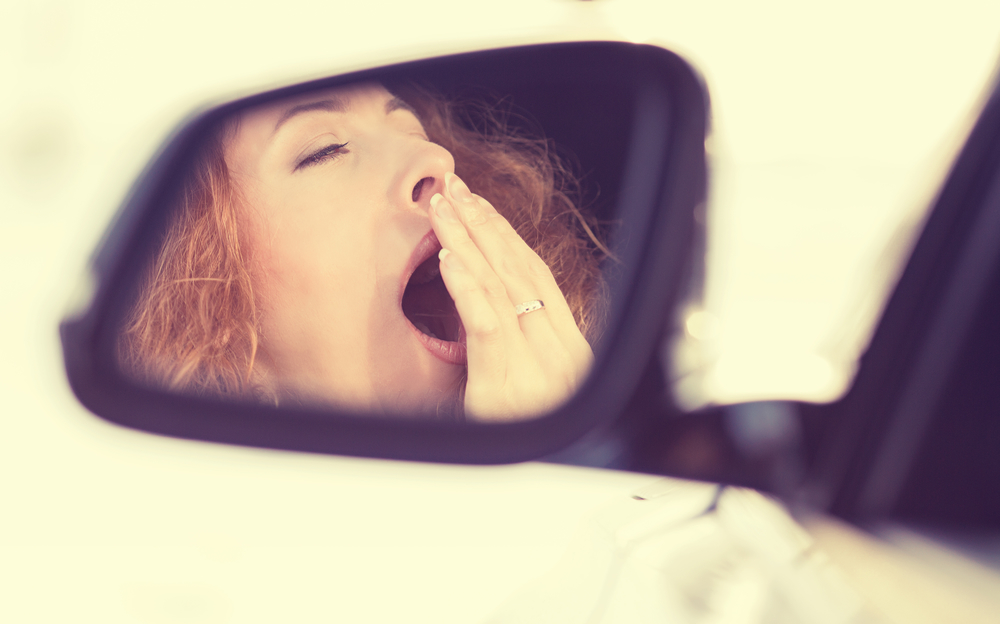
Even if you aren’t familiar with the term microsleep, I guarantee you’ve experienced it at least once in your life. We’ve all been there at some point in our lives. A long, boring meeting, maybe. Sunday in church as a kid, or during a long lecture in college. You’ve likely had a moment in your life when sleep crept up on you like a ninja and you had no idea it happened–until your head dipped and woke you up. Ask any mother who’s had to care for a newborn and she’ll likely have stories about falling asleep in the middle of a shower, or while standing at the kitchen sink.
Microsleep happens when you are going about your sleep-deprived life, and it’s usually just a humorous aside. However, when you are chronically sleep-deprived for most of your life, as many undiagnosed OSA patients are—it can have disastrous consequences.
Scientifically, it’s not one-hundred percent clear what happens to the brain during periods of microsleep, but it appears as though one part of the brain stays alert while other parts of the brain go into rest mode. If you’ve ever “gone somewhere else” during a passive activity (listening to a boring lecture, for example), you know it’s possible to keep hearing the words without understanding them or processing any of their meaning. Slowly you lose consciousness, little by little, until your eyes close and your head dips, and “What was that!?” Was I asleep?
Microsleep is common in patients with sleep disorders, such as insomnia and narcolepsy. Patients with these conditions are often aware of the risks of microsleep. The problem with microsleep in many undiagnosed OSA patients, however, is that they may not know it can happen until it’s too late. They may know they are often sleepy during the day, and they may know they feel poorly overall–but they might not be expecting to fall asleep.
Untreated, OSA patients are 2.5 times more likely to be the driver in a car accident than those with normal breathing patterns in sleep. Since microsleep tends to occur with repetitive and monotonous tasks, driving your daily routine routes can easily fit into this category. It’s also possible that heavy machinery operators with undiagnosed OSA may be more at risk of microsleep, with dangerous potential effects.
I suppose the point of this post is to remind everyone that there are a hundred different ways sleep apnea can harm you, and microsleep is just another one. Whether OSA causes cognitive decline from lack of sleep or physical decline from poor oxygenation—not getting treated only hurts yourself. The terrible thing about microsleep, however, is that it may not be just you that gets hurt. We already know that you are more likely to have traffic accidents when you have untreated OSA, and that means anyone on the road with you can get hurt, or worse.
If you know someone who may be suffering from undiagnosed or untreated obstructive sleep apnea, urge them to get tested. You may be saving lives!
About the Author: Dr. Mickiewicz owns a private practice in Sacramento and lectures across the nation on TMD treatments. He is a diplomate of the American Academy of Pain Management and holds membership in many professional associations for dentistry, sleep medicine, and TMD. In addition, Dr. Mick, as his patients call him, founded Pacific Orofacial Pain Consultants, a team of experts in various disciplines, who tackle the issue of TMD pain and treatment, to help sufferers find relief from chronic pain. To talk with Dr. Mick, call his Sacramento dental office at 916-469-9178.


